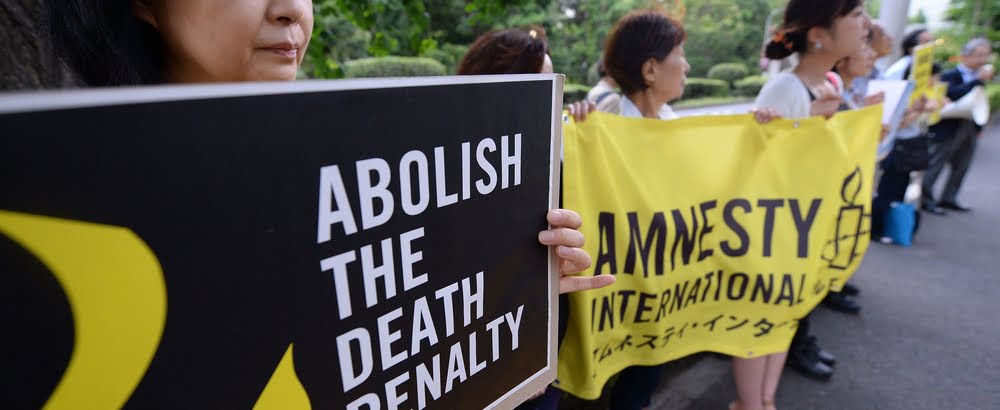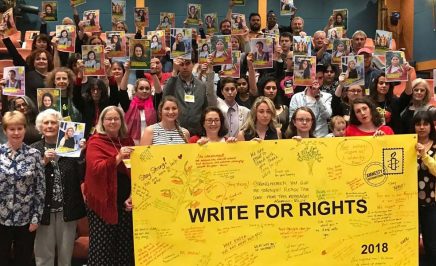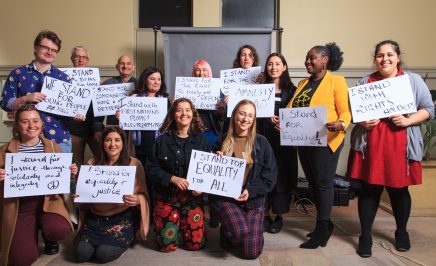On the 21st World Day Against the Death Penalty, Amnesty International Australia is asking supporters to petition the Governor of Alabama to commute Rocky Myers’ death sentence.
October 10 is World Day Against the Death Penalty. On this day every year, the Global Coalition Against the Death Penalty – which Amnesty International is a founding member of – rallies support from civil society, politicians, lawyers and the public. Our goal is to raise awareness of the movement against the death penalty and bring an end to capital punishment around the world. Amnesty International is a key organisation in the abolitionist movement.
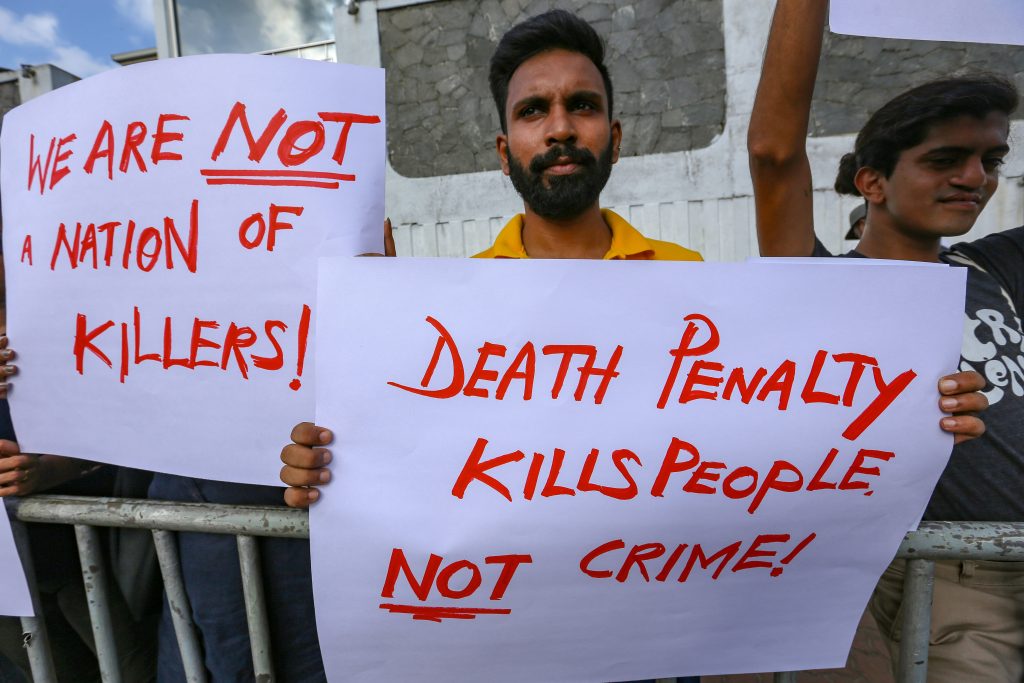
Amnesty International opposes the death penalty in all circumstances.
The death penalty not only violates an individual’s right to life, it also carries with it many types of physical and psychological ill-treatment and torture that are inflicted on the person who is sentenced.
There’s no evidence that the death penalty deters crime more than other forms of punishment. But there is clear evidence that it unfairly targets people from poor, disadvantaged, and marginalised backgrounds. And as mistakes and wrongful convictions happen in every justice system, we know that innocent people will continue to die wherever the death penalty is used. In 2022 alone, Amnesty International recorded commutations or pardons of death sentences in 26 countries in its annual Death Sentences and Executions report.
The case of Rocky Myers
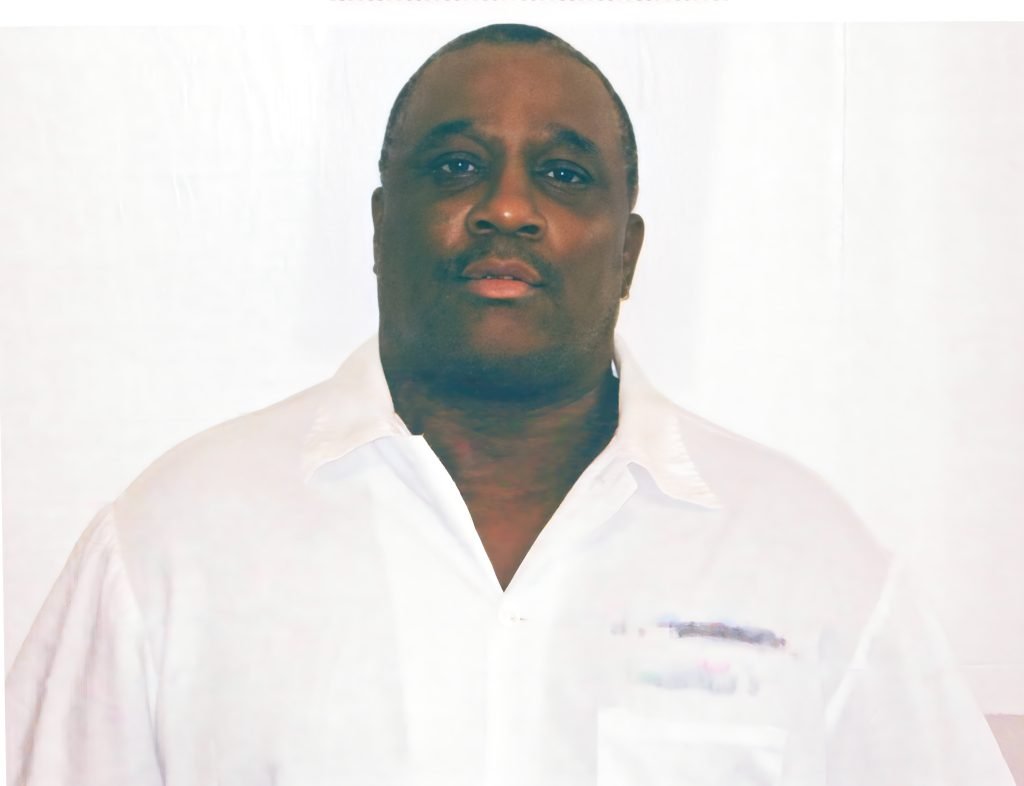
Rocky Myers of Alabama, USA, has been on death row awaiting execution since 1994. Despite a lack of physical evidence connecting him to the crime, he was convicted. The jury originally sentenced him to life in prison, but the judge overrode their decision and imposed the death penalty.
Intellectual disability
When Rocky was 11, he was diagnosed with an intellectual disability. It would be a violation of international laws and standards to execute Rocky.
In 2005, The United Nations urged all states that still maintain the death penalty “not to impose the death penalty on a person suffering from any mental or intellectual disabilities or to execute any such person”
In 2002 even the US Supreme Court recognised the injustice of the death penalty for cases like Rocky’s in the Atkins V Virginia decision. The court ruled that executing people with intellectual disabilities violated the Eighth Amendment, which prohibits cruel and unusual punishment.
Intersectional disadvantage
There are countless other red flags to alert us to the injustice of Rocky’s conviction, especially around structural and direct racism. Rocky Myers’ trial lawyer represented the Ku Klux Klan (KKK) in previous cases, and from the start portrayed Rocky’s entire community with derogatory racial and class remarks and bias that put him at greater disadvantage before his nearly all white jury.
The lawyer assigned to represent Rocky for post-conviction appeals abandoned his case without notice, making him miss key deadlines for judicial appeals. And along with the lack of physical evidence, key testimonies against him were tainted by inconsistencies and allegations of police pressure, with one later recanted as untrue.
There are currently almost 30,000 known people awaiting execution around the world.
A quick look at Rocky’s case reveals a staggering array of procedural failures and multiple layers of injustice. Imagine what we’d see if we examined the cases of the over 28,282 people currently known to be awaiting execution around the world. And these are counting only the known people on death row; it excludes countries like China, who is the world’s top executioner and treats the death penalty as a state secret.
Use your voice to support Rocky and oppose the death penalty
The death penalty is a cruel, violent, inhuman punishment that has no place in today’s justice system. Amnesty has campaigned against the death penalty since 1977, and we are making progress.
When we started 45 years ago, just 16 countries globally had abolished the death penalty. Today, 112 countries have abolished it for all crimes and another 32 countries no longer perform executions. Every time we stop an execution, it contributes to change by sending a message to governments that the use of the death penalty is unacceptable.
We are highlighting Rocky’s case as part of our Write for Rights campaign, the world’s biggest human rights event. Sign the petition to commute Rocky’s sentence and take a stand against the death penalty today.
